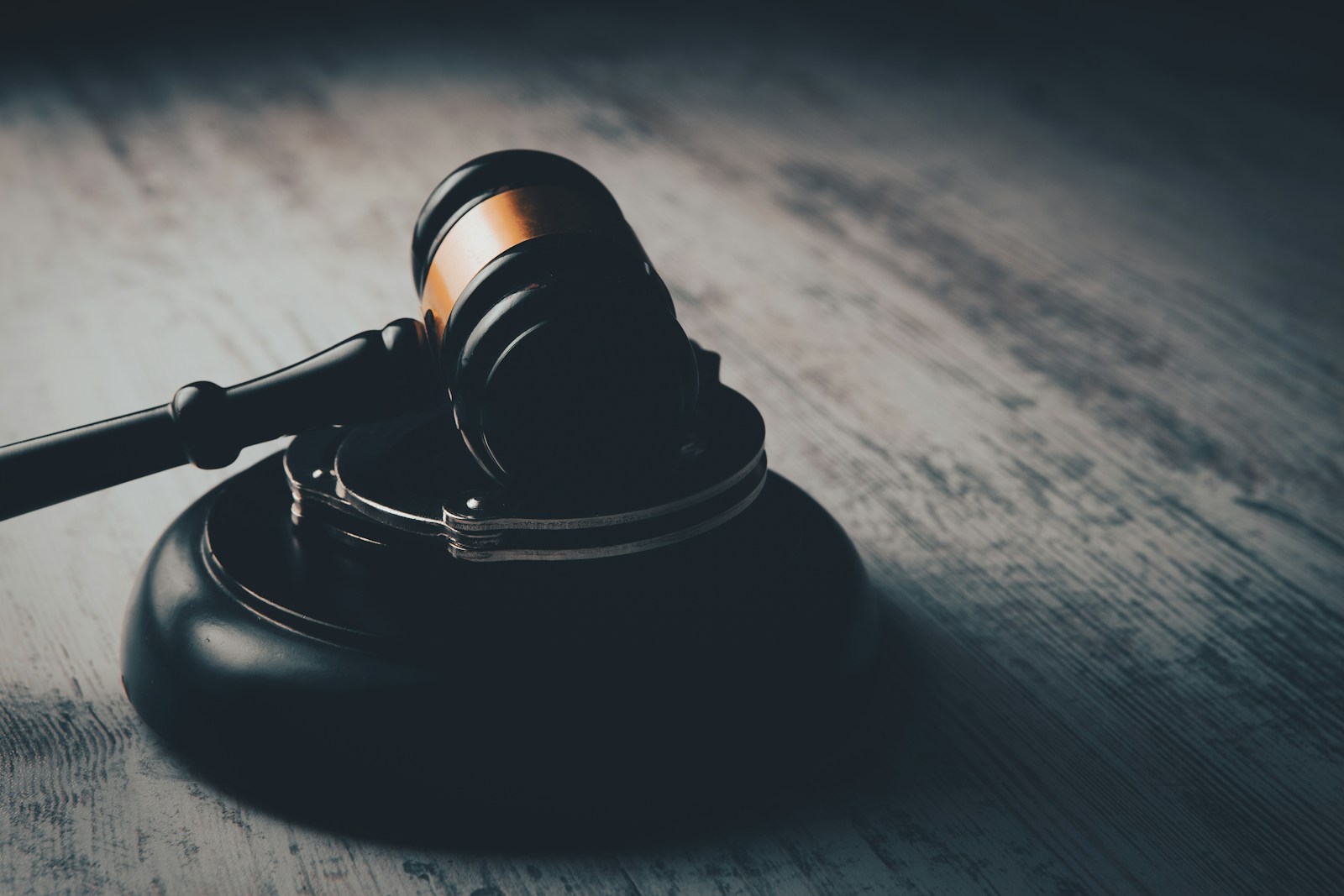Personal injury cases can sometimes overlap with criminal cases when the incident involves alleged illegal behavior, such as assault or DUI. The key point is that personal injury claims focus on compensation for harm, while criminal cases address punishment and public safety.
These two legal paths operate independently but can influence each other. Evidence or outcomes in a criminal trial may
impact the progress or strategy of a personal injury lawsuit.
Understanding how these cases interact helps injured parties navigate the legal system more effectively and consider their rights and options in both arenas.
Understanding Personal Injury Cases With Corresponding Criminal Cases
Personal injury cases involving related criminal charges follow two distinct legal paths with different purposes. One focuses on compensation for harm, while the other targets punishment or rehabilitation.
Differences Between Civil and Criminal Proceedings
Civil cases
seek monetary compensation for injuries or losses. The burden of proof is “preponderance of the evidence,” meaning the plaintiff must show it is more likely than not that the defendant caused harm.
Criminal cases require proof “beyond a reasonable doubt.” They address whether a defendant committed a crime, such as assault or DUI, and can result in fines, imprisonment, or probation.
Procedures differ significantly. Criminal cases typically begin with a police investigation and may involve plea deals. Civil claims proceed through discovery, depositions, and potentially trial, where Cincinnati criminal defense lawyers may also be involved.
How Criminal Charges Influence Personal Injury Claims
The presence of criminal charges can affect a personal injury claim’s strategy and timing. A criminal conviction may strengthen the injury claim by proving fault or recklessness.
However, a defendant’s Fifth Amendment rights in criminal cases can limit what is shared in civil litigation. Pending criminal trials can delay personal injury proceedings until resolution.
Insurance companies often monitor criminal outcomes to adjust settlements. Defense attorneys specializing in Cincinnati criminal cases can advise clients on managing risks in both legal arenas.
Examples of Overlapping Personal Injury and Criminal Cases
Typical cases include DUI
accidents causing injury, assault cases with physical harm, and hit-and-run incidents. For instance, a driver arrested for DUI causing a crash may face both criminal prosecution and a civil injury suit.
Assault can
lead to criminal charges for battery while the victim pursues compensation for medical bills and pain. Both cases rely on evidence such as police reports, witness statements, and medical records.
Cincinnati Criminal Defense Lawyers often coordinate efforts to protect clients against criminal penalties while addressing potential civil liabilities.
Legal Considerations and Defense Strategies
When personal injury and criminal cases overlap, legal strategies must carefully address both types of proceedings. Defendants and their attorneys must understand how laws such as double jeopardy apply, how evidence affects both civil and criminal claims, and what potential outcomes to expect in both civil and criminal courts.
Double Jeopardy and Parallel Proceedings
Double jeopardy prevents someone from being tried twice for the same criminal offense, regardless of whether it results in an acquittal or conviction. However, it does not bar a separate civil lawsuit for personal injury arising from the same incident.
Because the standards of proof differ—”beyond a reasonable doubt” in criminal cases versus “preponderance of the evidence” in civil cases—both proceedings can run concurrently or sequentially without violating double jeopardy rules.
Cincinnati criminal defense lawyers often advise clients to separate defense strategies for criminal charges and civil suits, ensuring arguments in one case do not negatively impact the other.
The Role of Evidence in Dual Claims
Evidence admissible in criminal court may differ from what is allowed in civil court. For example, certain statements or physical evidence excluded in criminal trials due to constitutional protections may still be considered in personal injury cases.
Defense teams must carefully evaluate how evidence will be used in both cases. Sharing or withholding evidence can significantly influence the outcome.
Legal help for criminal defense charges in Cincinnati emphasizes preserving rights during evidence collection. This is crucial because weak or improperly obtained evidence can undermine defenses in both proceedings.
Potential Outcomes and Compensation
Criminal cases may result in penalties like fines, probation, or jail time. Civil cases seek monetary compensation for damages, including medical bills, lost wages, and pain and suffering.
The parallel nature means a criminal conviction can strengthen the plaintiff’s position in a civil lawsuit, but the opposite is not always true; a civil win does not lead to criminal penalties.
Clients in Cincinnati should work closely with both criminal and personal injury attorneys to navigate these outcomes effectively, ensuring defense strategies align with their legal and financial goals.
Photo by Sasun Bughdaryan; Unsplash







